Pass Your Iowa Electrical License Exam!

Need to pass your Iowa Master Electrician, Journeyman Electrician, Master Residential Electrician, or Residential Electrician Exam, order this course!
Licenses issued by examination.
Choose your option below to get started immediately on our self-paced online classroom.

One-year online access unless you pass sooner: Accessible from any device with internet access!
Our guided self-study schedule contains the following:
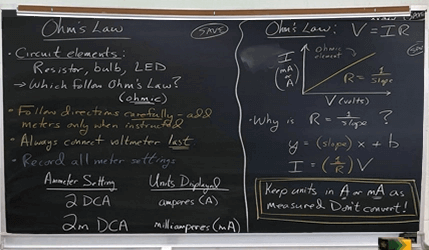 Electrical Theory – eCourses
Electrical Theory – eCourses
Includes
- Basic Electrical Theory
- Basic DC Theory
- Basic AC Theory
- Ohms Law
- Electrical Theory Chapter Questions
- Test Equipment
- Test Equipment Chapter Questions
Blueprint Reading – eCourses
Includes
- Label Systems & Schematic Reading
- Construction Drawing Tutorial
- Blueprint Reading Chapter Questions
Navigating the 2023 NEC – eManual
Our “Navigating the 2023 NEC” eManual helps students learn to navigate the National Electrical Code (NEC).
When you master the code, you master your Exam!
This eManual is the heart of the training program. It will familiarize you with the use, layout, and content of the 2023 NEC.
 eManual includes:
eManual includes:
- How to navigate the 2023 NEC
- Understanding of the terms, concepts, and layout of the NEC.
- Speed drills
- Code navigation exercises.
- Breaking down questions by subject:
- Keyword Identification: how to identify the subject of a question for easy reference.
- How to search for a code article by referencing the INDEX.
- Code reference example questions with in-depth solutions.
- Code skimming exercises
- Online NEC chapter study questions
Flashcards & Simulated Final Exams
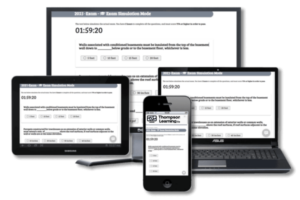
- ONLINE FLASHCARDS: Virtual Flashcards provide individual randomized questions. This provides access to our entire question set and is an ideal setting to practice answering randomized exam questions. (Organized as Question – Answer – Code Location).
- SIMULATED FINAL EXAM: Final exams simulate the experience of taking your actual Iowa Master Electrician, Journeyman Electrician, Master Residential Electrician, or Residential Electrician Exam.
Simulated Finals Are:
-
- Full length (Same number of questions as the exam)
- Timed (Same amount of time allowed as the exam)
- Randomized (Questions are assigned randomly; all exams are unique.)
- Properly Balanced (All questions are balanced according to the Candidate Information Bulletin to guarantee a realistic exam simulation)
Take as Many Timed Final Exams as You Want! (Practicing final exams helps you rapidly gain confidence and knowledge to pass your Iowa Electrician Exam effortlessly.)
THIS PROGRAM REQUIRES YOU TO HAVE A COPY OF THE 2023 (NEC) NATIONAL ELECTRIC CODE. IF YOU DO NOT OWN A COPY OF THE CODEBOOK, YOU MAY PURCHASE ONE BELOW.
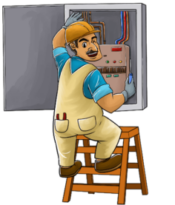
Please get in touch with the Iowa Department of Inspections, Appeals & Licensing for current information. Licensing requirements change and our site may not have been updated to reflect those changes.
QUESTION: Who is required to have an Iowa Electrical License?
ANSWER: A person licensed to plan, layout, or supervise the installation of electrical wiring,
apparatus, or equipment for light, heat, power, and other purposes and supervise apprentice electricians by a political subdivision preceding January 1, 2008, pursuant to a supervised written examination, and who is currently engaged in the electrical contracting industry, shall be issued an applicable statewide license corresponding to that licensure as a class A master electrician or electrical contractor. Must be licensed by the Iowa Electrical Examining Board.
QUESTION: What are the qualifications required for taking the Iowa Electrician exam?
Master Electrician: candidates must: Have at least one year’s experience, acceptable to the Board, as a licensed class A or class B journeyman electrician,
• OR be a State of Iowa-licensed Master Class B electrician,
• OR have been employed as a master electrician prior to 01/01/1998, with verifiable documentation of 16,000 hours of electrical experience as a master electrician (apprentice and journeyman hours do not count), of which at least 8,000 hours were between 01/01/98 and 01/01/08.
Journeyman Electrician: Have completed a U.S. Department of Labor (DOL)-registered or associated apprentice program,
• OR have completed a Board-Approved Post-Secondary Electrical Program (PSEP) through a Community College, with at least 6000 hours of On-The-Job training (OJT) and provide a copy of 2-year degree,
• OR have been employed as a journeyman prior to 01/01/1998, with verifiable documentation of 16,000 hours of electrical experience as a Journeyman (apprentice hours do not count), of which at least 8,000 hours were between 01/01/98 and 01/01/08.
Residential Master Electrician: Hold a current Residential electrician or Journeyman electrician license, AND have 2,000 hours of verified experience as a Residential electrician or Journeyman electrician,
• OR hold a current Special Electrician license with the Residential endorsement AND have 4,000 hours of verified experience.
Residential Electrician: candidates must: Have at least one year’s experience, acceptable to the Board, as a licensed Special Electrician with the Residential endorsement,
• OR have completed 6,000 hours of experience as a DOL registered apprentice electrician (An applicant may take the examination after completing 5,000 hours of experience as an apprentice electrician, although the license will not be issued until the applicant has completed 6,000 hours of such experience),
• OR have completed 4,000 hours of experience working under the direct supervision of a Residential Master electrician, a Residential electrician, a Master electrician or a Journeyman electrician AND have successfully completed a minimum of one academic year of an approved electrical trade school,
• OR have completed 8,000 hours of verified experience as a licensed Unclassified Person AND at least 2,000 hours of verified work experience in residential wiring (Affidavit required),
• OR have successfully completed a DOL-registered residential electrician apprentice program.
QUESTION: Is there reciprocity in Iowa for the electrician exams?
ANSWER: Click here for a list of states that Iowa has reciprocal license agreements with.
QUESTION: How do I sign up for the Iowa Electrician exam?
ANSWER: You must submit for testing sponsorship no earlier than 1 month prior to being ready to sit for an exam.
Journeyman, Master, Residential Electrician, Residential Master, and Special Electrician must: apply for the appropriate State of Iowa electrician license and submit the Testing Sponsorship Request form (found at https://dial.iowa.gov/licenses/building/electrical-licensing)
SPONSORSHIP APPROVAL:
• When sponsorship is approved, the Sponsorship Approval Letter from the State Fire Marshal Division, Electrical Examining Board, will be sent by email to the candidate. This letter will have a code needed to register with PSI for the test, as well as instructions for registering for the exam. For general test information, call PSI at: 1-855- 746-8173 or visit their website at: www.psiexams.com
QUESTION: Are there any accommodations for the Iowa Electrician Exams?
ANSWER: All PSI examination centers are equipped to provide access in accordance with the Americans with Disabilities Act (ADA) of 1990, and exam accommodations will be made in meeting a candidate’s needs. A candidate with a disability or a candidate who would otherwise have difficulty taking the examination should request for alternative arrangements by Clicking Here.
- Candidates granted accommodation in accordance with the ADA, MUST schedule their examination by telephone and speak directly with a PSI registrar.
QUESTION: How many questions and how long are the Iowa Electrician exams?
ANSWER: The Master Electrician exam consists of 100 multiple-choice questions. Test takers have 240 minutes to complete the exam. The exam is open-book with authorized materials and computer-based.
The Journeyman Electrician exam consists of 80 multiple-choice questions. Test takers have 180 minutes to complete the exam. The exam is open-book with authorized materials and computer-based.
The Master Residential Electrician exam consists of 60 multiple-choice questions. Test takers have 180 minutes to complete the exam. The exam is open-book with authorized materials and computer-based.
The Residential Electrician exam consists of 50 multiple-choice questions. Test takers have 120 minutes to complete the exam. The exam is open-book with authorized materials and computer-based.
The following codebooks are allowed by the testing center.
- The NFPA 70 – National Electrical Code, 2023 Edition.
QUESTION: What can I bring to the PSI testing center?
ANSWER:
- A non-programmable calculator that is silent, battery-operated, does not have paper tape printing capabilities and does not have a keyboard containing the alphabet.
- You will have access to an online calculator
- Prescription eyeglasses
QUESTION: Where do I go to take my Iowa Electrician exam?
ANSWER: PSI Services. PSI maintains 4 testing locations across Iowa.
For a complete listing, reference pages 4 of the Iowa Department of Public Safety Electrical Examining Board – Candidate Information Bulletin.
QUESTION: Why should someone study this course if the Iowa electrical license exam is an open-book exam?
ANSWER: The electrical licensing exam is very challenging and usually requires a month or more of preparation to pass.
The 2023 NEC is a large and complex publication containing over 800 pages of code. It is challenging to locate each correct article and answer in the time allowed during the exam without thorough preparation.
Our course is designed to familiarize you with the 2023 NEC. You will know precisely how to find the correct answers in the code when you take your exam.
We prepare you to pass your exam by providing extensive knowledge of the structure of the code and by thoroughly covering each subject appearing on your Iowa Electrician License Exam.
QUESTION: Why is a copy of the 2023 NEC required by this course?
ANSWER: The Iowa Electrician License Exams are based on the 2023 NEC. This course is an excellent study companion to the 2023 NEC. This course makes frequent references to code sections and guides you through the exam topics.
The Electrical Licensing Exam is an open-book code exam. To pass, you must continuously reference the 2023 National Electrical Code.

General Information Links:
- Iowa Licensing – Candidate Information Bulletin:
Exam Scheduling – Exam Content – Testing Center Locations
- Electrician Licensee Search Tool:
Check Electrical License Status
Electrician Applications:
- Iowa Online Electrical Application
For approval by the Iowa Electrical Examining Board

The Iowa Electrician exams are selected randomly from a database of thousands of potential questions. Memorizing answers is not the path to passing your exam!
If you understand how to locate exam answers in your 2023 NEC codebook, you should be able to answer 100% of these practice questions correctly within 60 minutes.
We teach you how to navigate your codebook & pass your exam. “Master The Code, Master The Exam!“
Use the 2023 (NEC) National Electrical Code to solve the Iowa Electrician Exam quiz you plan to take.
Iowa Master Electrician Practice Test
OR
Iowa Journeyman Electrician Practice Test
OR
Iowa Master Residential Electrician Practice Test
OR
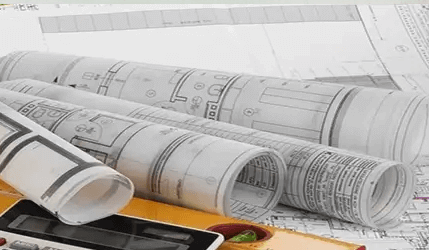
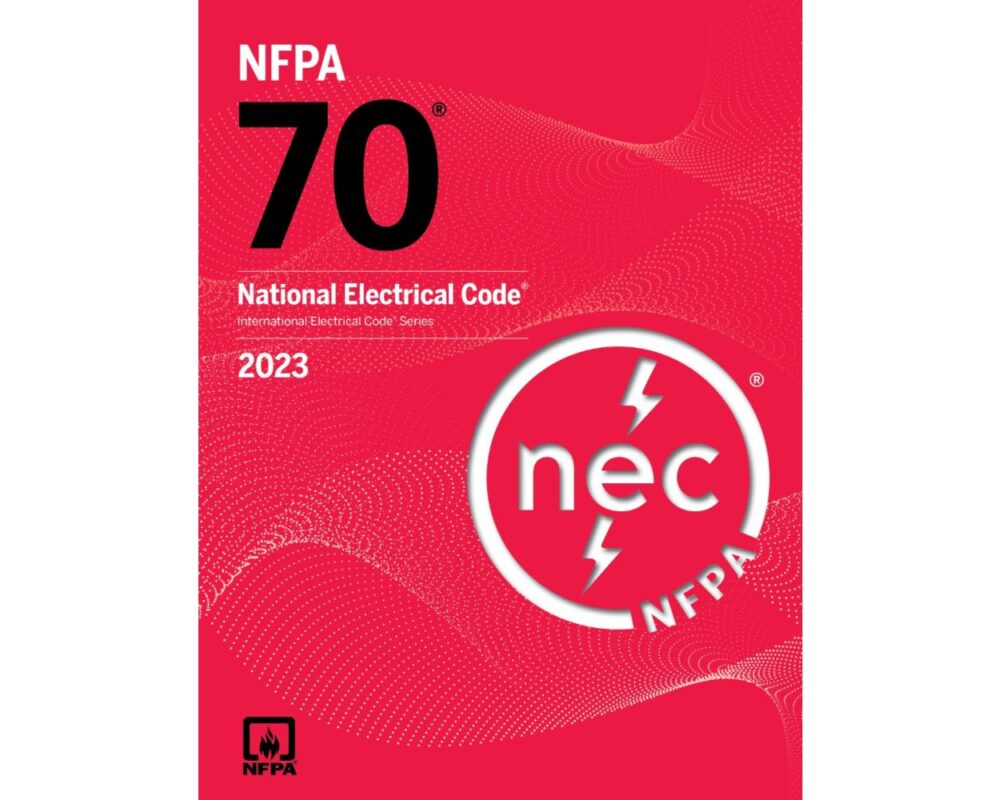 }
}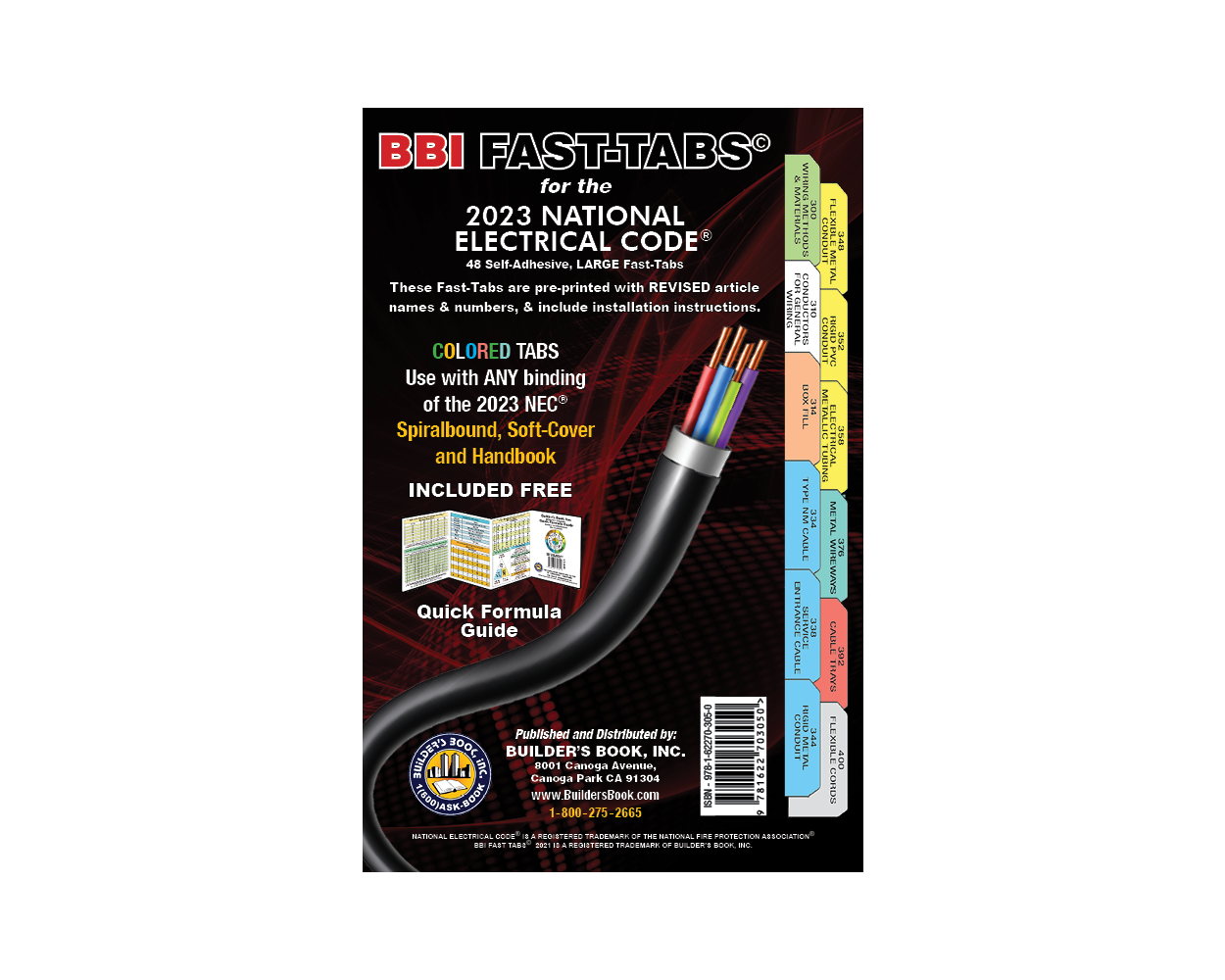 }
}